Alzheimer’s and My Experience
“You’re my favorite grandson you know that?” asks my grandfather at my twelfth birthday party.
This would be a typical, loving thing a grandfather would say to any grandchild. Except that my grandfather spoke these words to somebody he never met before in his life, my old friend Trevor.
I was confused. It was all so surreal. I was informed that he had been recently diagnosed with Alzheimer’s disease shortly after.
According to the Alzheimer’s Association, “An estimated 5.7 million Americans of all ages are living with Alzheimer’s dementia in 2018. This number includes an estimated 5.5 million people age 65 and older and approximately 200,000 individuals under age 65 who have younger-onset Alzheimer’s.” Some are as young as 35 years old. Alzheimer’s is not a disease of old age.
The National Institute on Aging states that Alzheimer’s disease is a permanent brain disorder that causes highly negative effects, such as a decline in memory and thinking skills, making the ability to carry out life’s most basic tasks extremely difficult. The cause of this disease can be attributed to progressive brain-cell failure. This failure causes damage to the brain’s cortex, thus causing shrinkage in and around nerve cells in the brain due to widespread cell death.
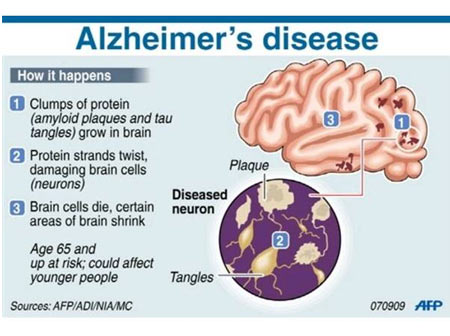
Forty-four million people worldwide have Alzheimer’s or related dementia. Between 2000 and 2015, deaths from Alzheimer’s disease has increased 123 percent. It kills around 83,000 people a year in the United States, according to the Centers for Disease Control and Prevention.
The most common risk factor for the disease is an aging brain. However, genetics and family history are also Alzheimer’s risk factors.
“Another Alzheimer’s risk factor is family history. Research has shown that those who have a parent, brother, sister or child with Alzheimer’s are more likely to develop the disease,” the Alzheimer’s Association states. “Alzheimer’s disease has no survivors. It destroys brain cells and causes memory changes, erratic behaviors and loss of body functions. It slowly and painfully takes away a person’s identity, ability to connect with others, think, eat, talk, walk and find his or her way home.”
Many people assume that dementia is a disease itself; however, dementia is not a specific disease. It’s an overall term that describes a group of symptoms. Alzheimer’s is the most common cause of dementia, accounting for 60 to 80 percent of cases.
“As of 2018, there is no treatment to cure or delay to stop the progression of Alzheimer’s disease,” states the Alzheimer’s Association. “In addition, there are FDA-approved drugs that can only temporarily slow worsening of symptoms for about 6 to 12 months, on average, for about half of the individuals who take them.”
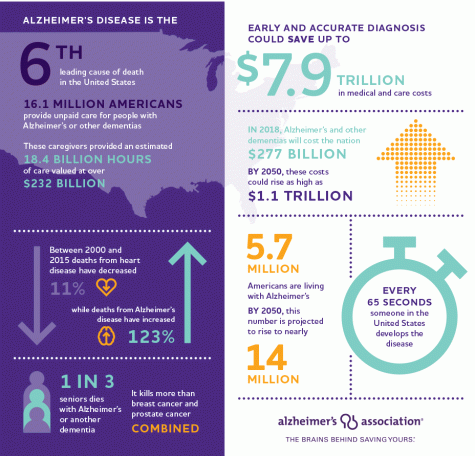
Let me state that all experiences with people who have Alzheimer’s are different. This is mine.
Before I was even a teenager my grandfather forgot who I was. I was close to my grandfather, but after the day of my twelfth birthday party, I never felt so far from him.
It got worse from there. Years later, we had to check him into an Alzheimer treatment center.
He forgot everything. He forgot how to go the bathroom and bathe. Forgot about his love for golf, his love for building, even the company that he ran for 40 years. He didn’t remember his kids, grandkids, friends. Hell, he even convinced himself that his own son was his father. Most crushingly, he lost recognition for the love of his life, who he’d been married to for over 60 years.
My grandfather didn’t even remember himself. But it goes deeper than that. For instance, Alzheimer’s impacted his motor skills, speech, impulse control and mood. In fact, my grandpa didn’t speak a word to us the last three years of his life.
When you have someone close to you with Alzheimer’s whose disease becomes this atrocious, you lose them even years before they really pass away. My tears were shed long before he really was gone. He died just six years after my twelfth birthday.
If a family member is diagnosed with Alzheimer’s disease, expect some hardship. But cherish the time you have left with them, even if they don’t know who you are anymore.
This dreadful disease needs more attention.
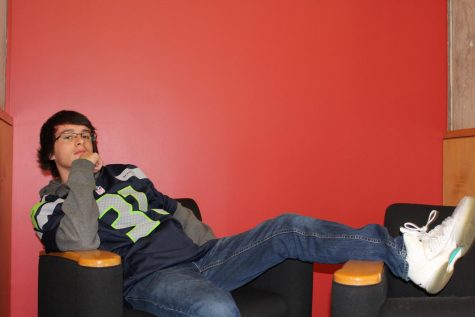
Twitter- @TruittJasonNFL
Jason Truitt, 21, is a second-year college student at ACC pursuing a major in journalism in hopes of becoming a professional sports journalist. He enjoys writing about sports and the culinary world as he...



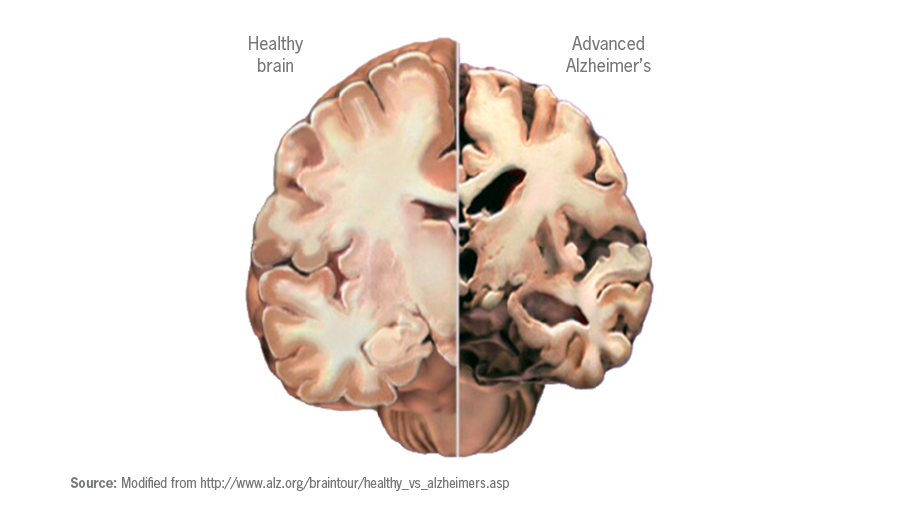
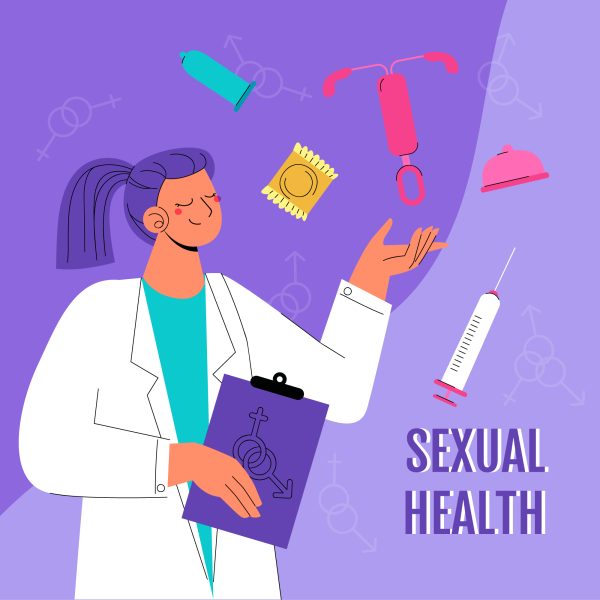
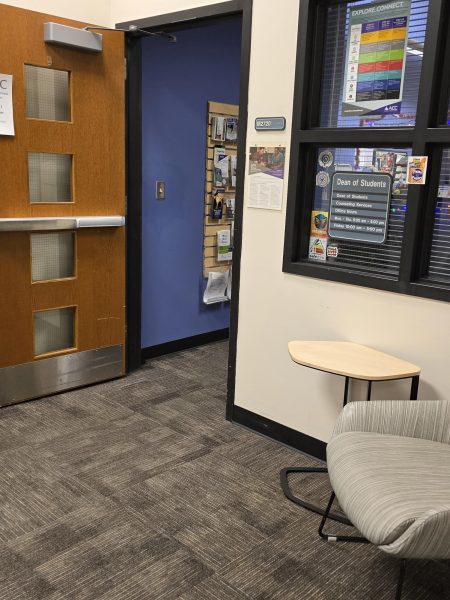
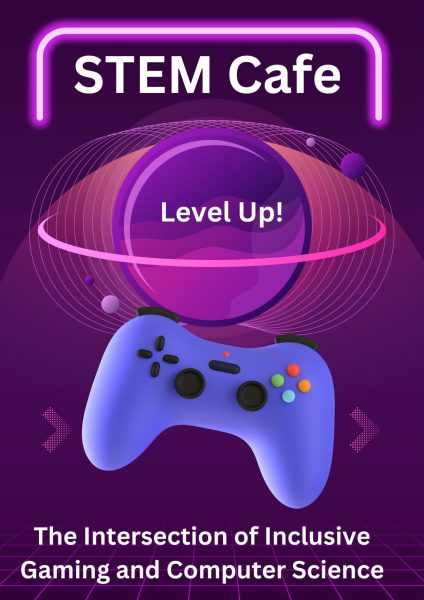
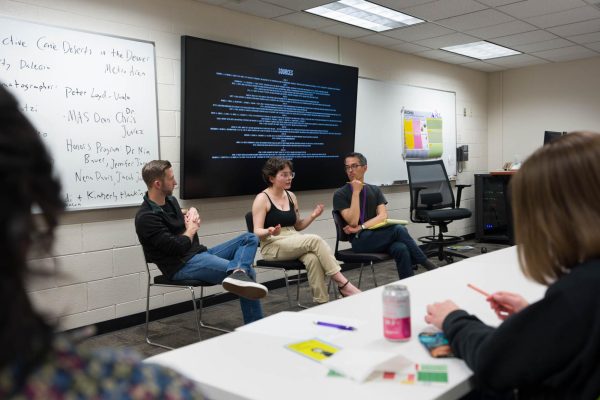
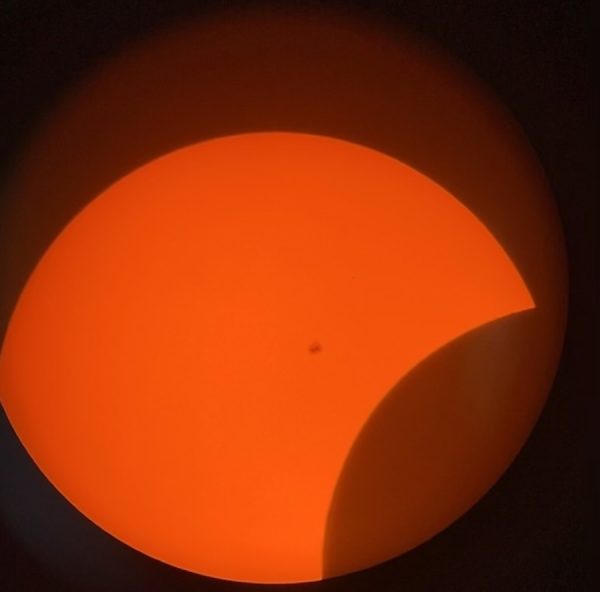

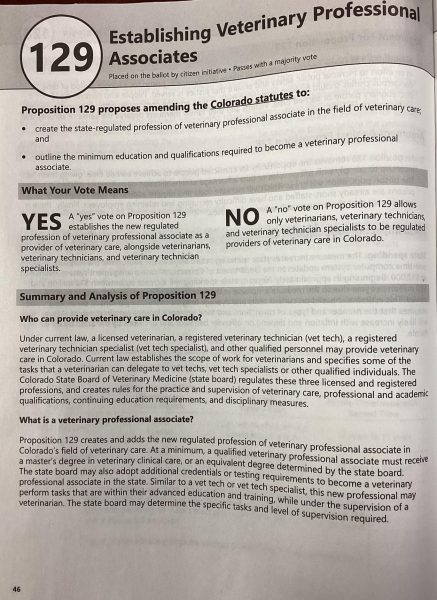
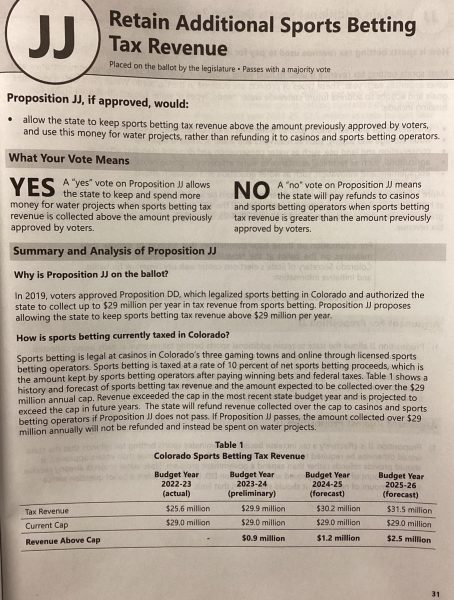
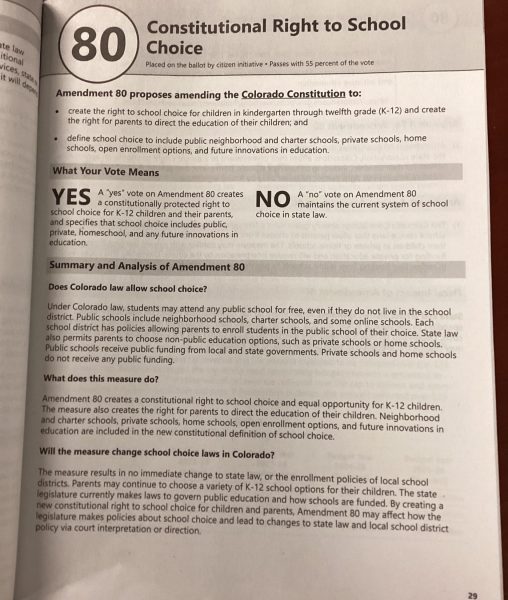
Suzanne Mcleod • May 9, 2018 at 8:17 pm
My mom was diagnosed with dementia and a neighbor mentioned an intersting thought. He told me that someday when my mom passes, to be certain to have the death certificate read alzheimers, not heart failure or whatever it may be that eventually causes death. With every certificate that reads alzheimers, grants for research increase. I wonder if that would change the statistics. The article was so informative and well written. Pray for a cure!!!